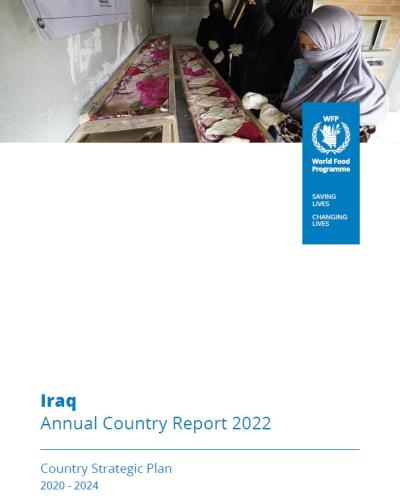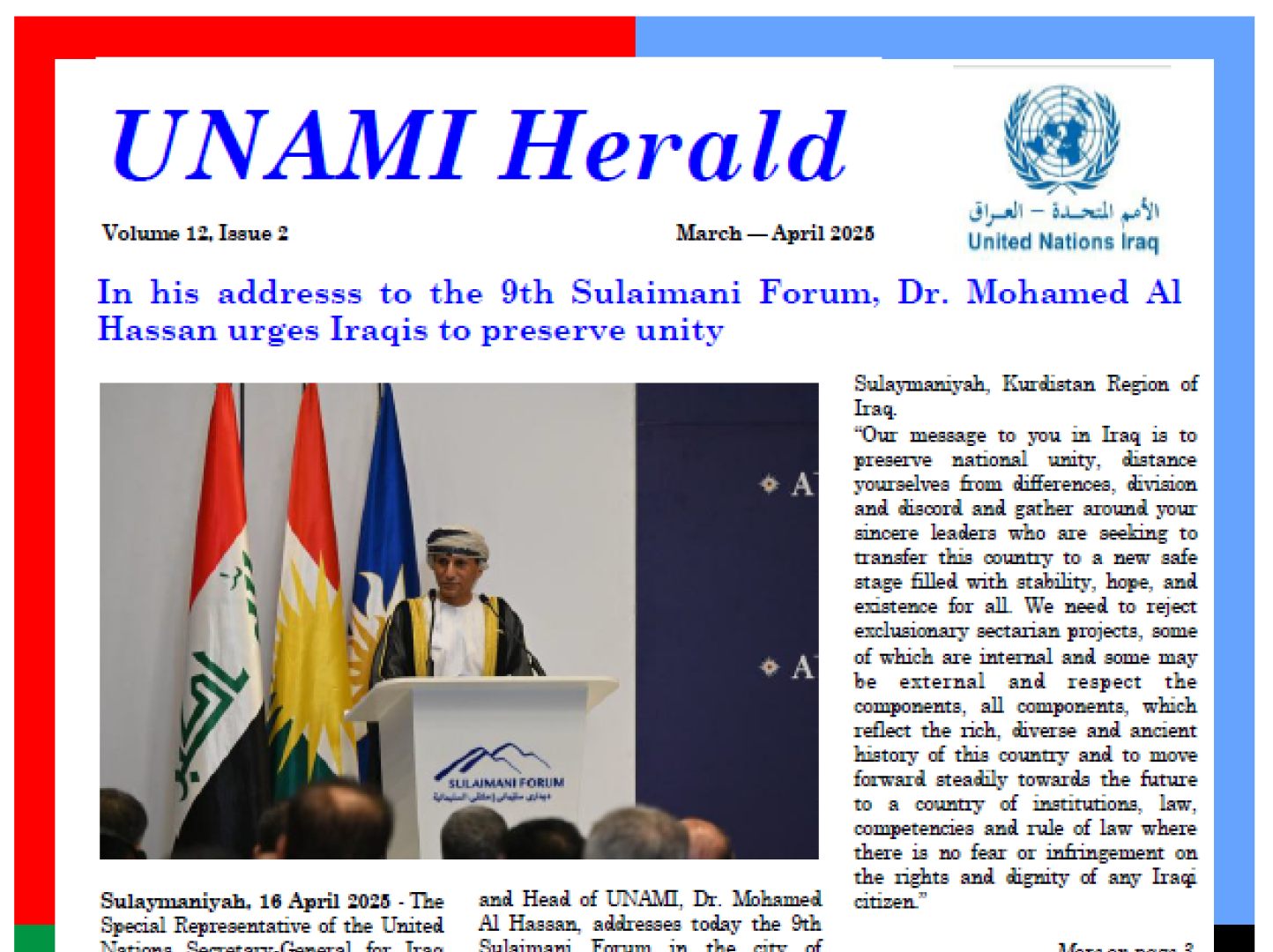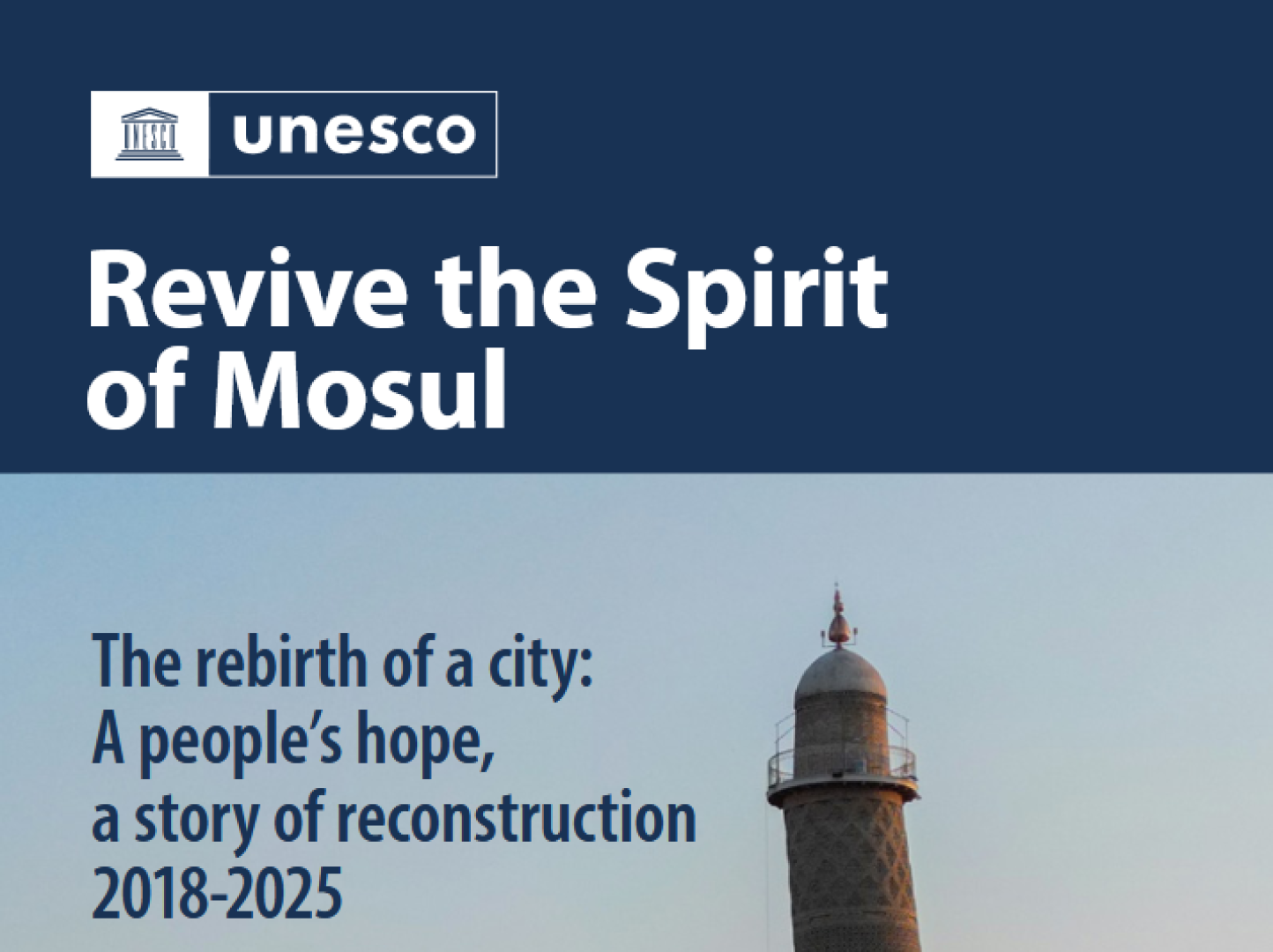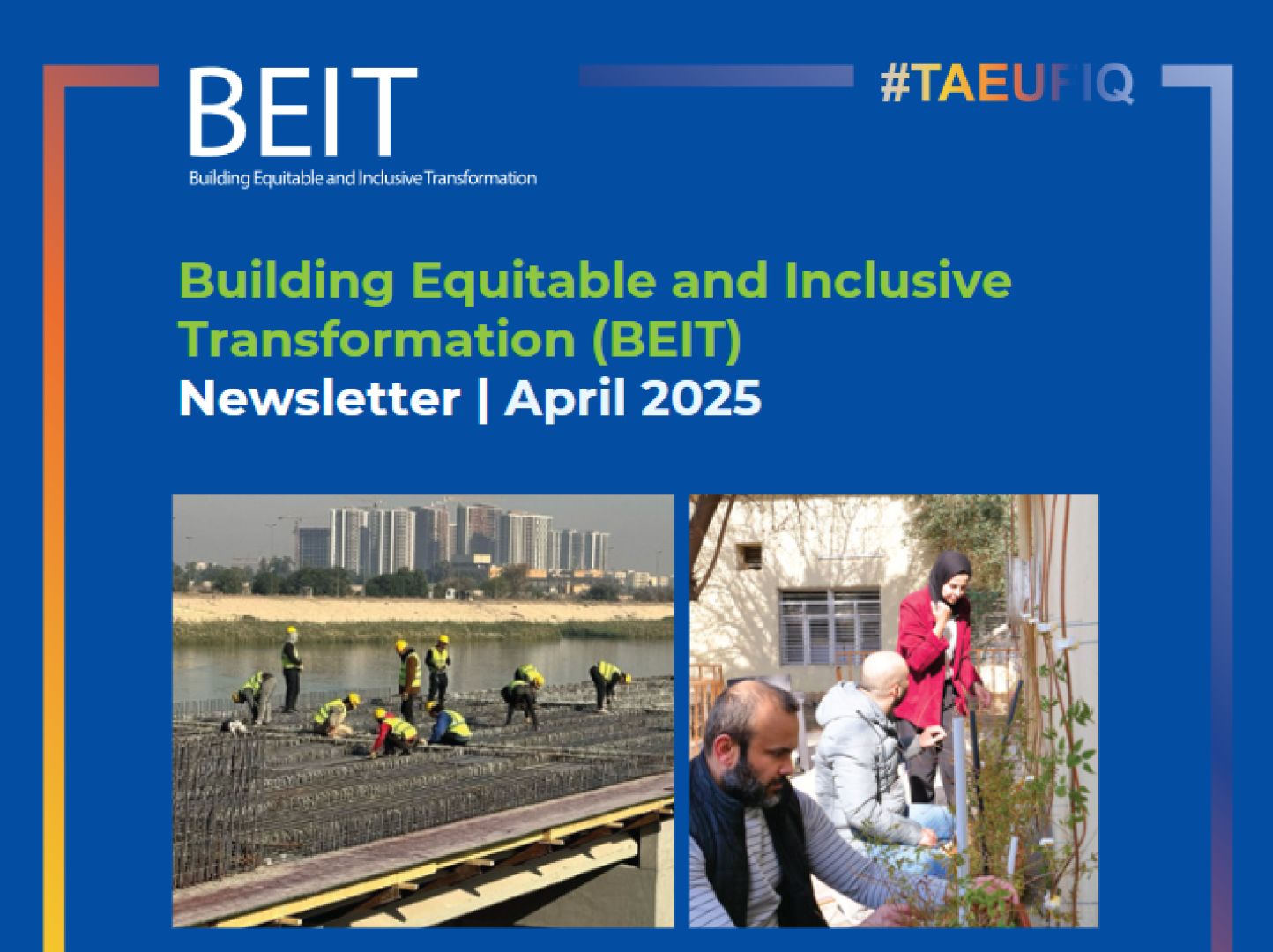Iraq | Annual Country Report 2022

In 2022, Iraq made slow progress toward recovery and development. The impact of the Ukraine crisis on food prices [1] coupled with reduced agricultural production caused by water scarcity put further stress on food security in the country.
WFP’s country strategy in Iraq is shifting from a humanitarian focus towards a sustainable development portfolio, aligned with the updated United Nations Strategic Development Cooperation Framework (2020 - 2024).
However, due to the pressures of heightened food insecurity in 2022, WFP continued to directly assist over 726,000 vulnerable people with food and cash, of which 37 percent were returnees, internally displaced persons (IDPs) and Syrian refugees. A re-targeting exercise was conducted to prioritize the most food-insecure internally displaced persons (IDPs) and Syrian refugees in camps resulting in a reduction in the number of people targeted for assistance [2]. Given funding unpredictability, WFP opted for direct implementation of its food assistance to meet the needs of the most
vulnerable and maximize cost-efficiency.
WFP expanded the resilience-building portfolio across Iraq to enhance resilience against shocks and enhance the food security of the most vulnerable. This included a cash-for-work programme to support daily wage workers and inject money into the economy, as well as various urban livelihood activities to develop the skills of beneficiaries and increase their access to employment.
In the centre, south, and west of Iraq, asset creation interventions helped to increase the productivity of over 20,000 smallholder farmers through the provision of seeds, greenhouses, livestock, and beekeeping support. Of those, nearly 10,000 households headed by women were engaged in horticultural and poultry farming activities to help them
cultivate home gardens and diversify their food sources.
Through the Empowerment in Action (EMPACT) project, WFP provided IDPs and host community members with digital and soft skills training to facilitate their access to employment. Building on the success of EMPACT, WFP partnered with the Ministry of Higher Education and Scientific Research (MoHESR) and the private sector to launch Jousour, (Bridges) initiative to provide youth with marketable digital and English language skills to boost their employability and enable them to build better livelihoods. It is being implemented by the Government of Iraq on a wider scale in universities and tailored to the Iraq context.
In support of Iraq’s efforts to combat water scarcity and climate change, WFP partnered with the Government of Iraq to initiate innovative green projects to help promote sustainable and water-efficient agriculture practices.
WFP's partnership with the Ministry of Education (MoE) was strengthened throughout 2022, supporting almost 450,000 children in thirteen governorates through the National School Feeding Programme (NSFP). The programme provided
children with access to nutrition and education, resulting in 97 percent of school attendance and the creation of economic opportunities in local areas. WFP is also building the capacity of MoE staff in preparation for a complete handover of the NSFP to the Government by 2026. In Partnership with other UN agencies, WFP is helping to develop and implement the EU-UN Joint Programme for Social Protection Reform in Iraq. WFP led the digitalization of the Public Distribution System (PDS) and conducted a business analysis for the Government's single registry, with the aim of facilitating the highest possible level of national ownership. WFP also provided technical support to the Government to enhance food security and socio-economic monitoring.
Finally, in addition to WFP’s coordination efforts through the leadership of the Food Security Cluster and the Cash Working Group, the office has continued to advance gender equality in Iraq. The Gender Transformation Programme advocates for gender mainstreaming and conflict sensitivity across all aspects of operations. This ensured that all activities were conducted in a way that increase women and men's equal access to opportunities and resources, and reinforce their equal voice in decision-making.




